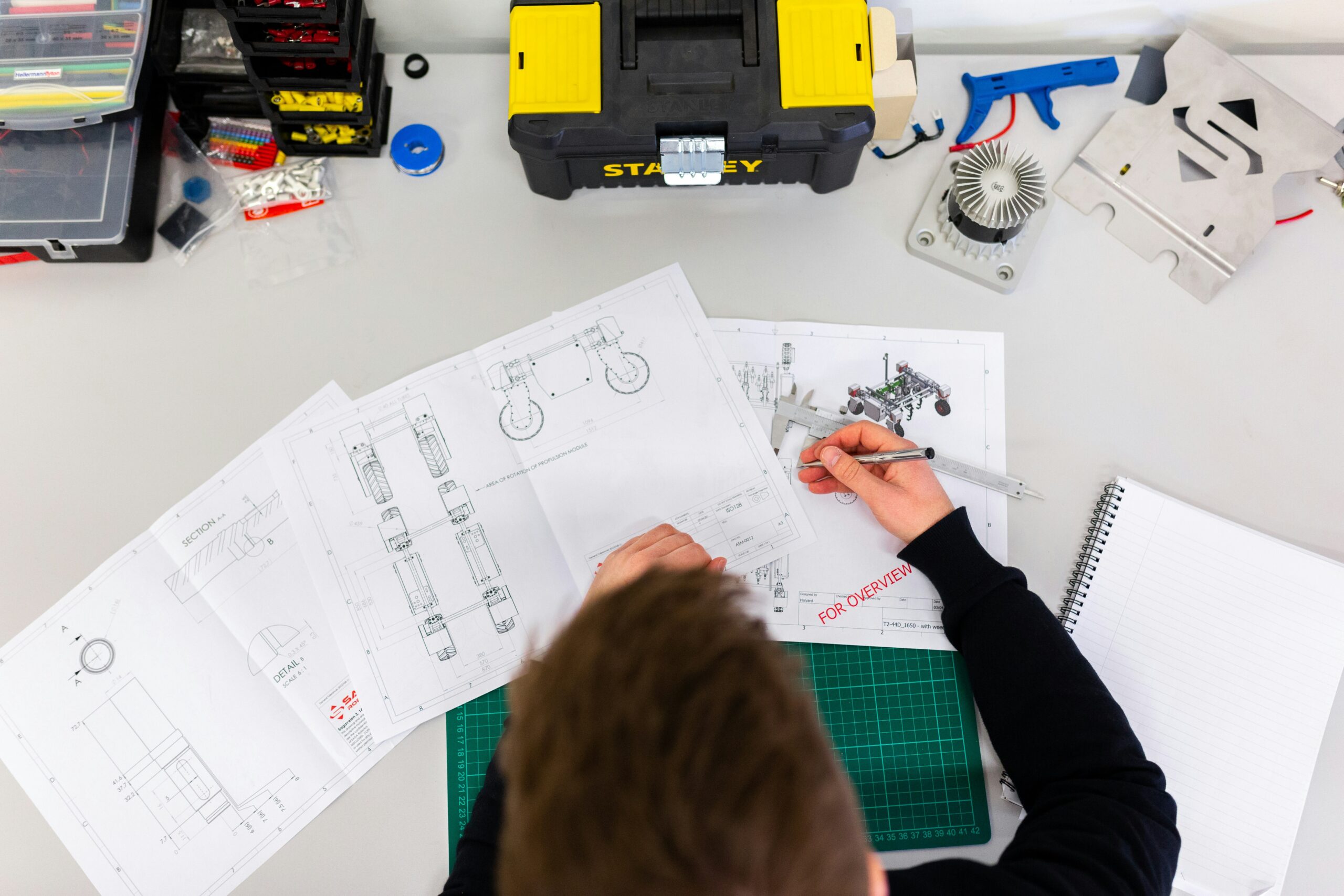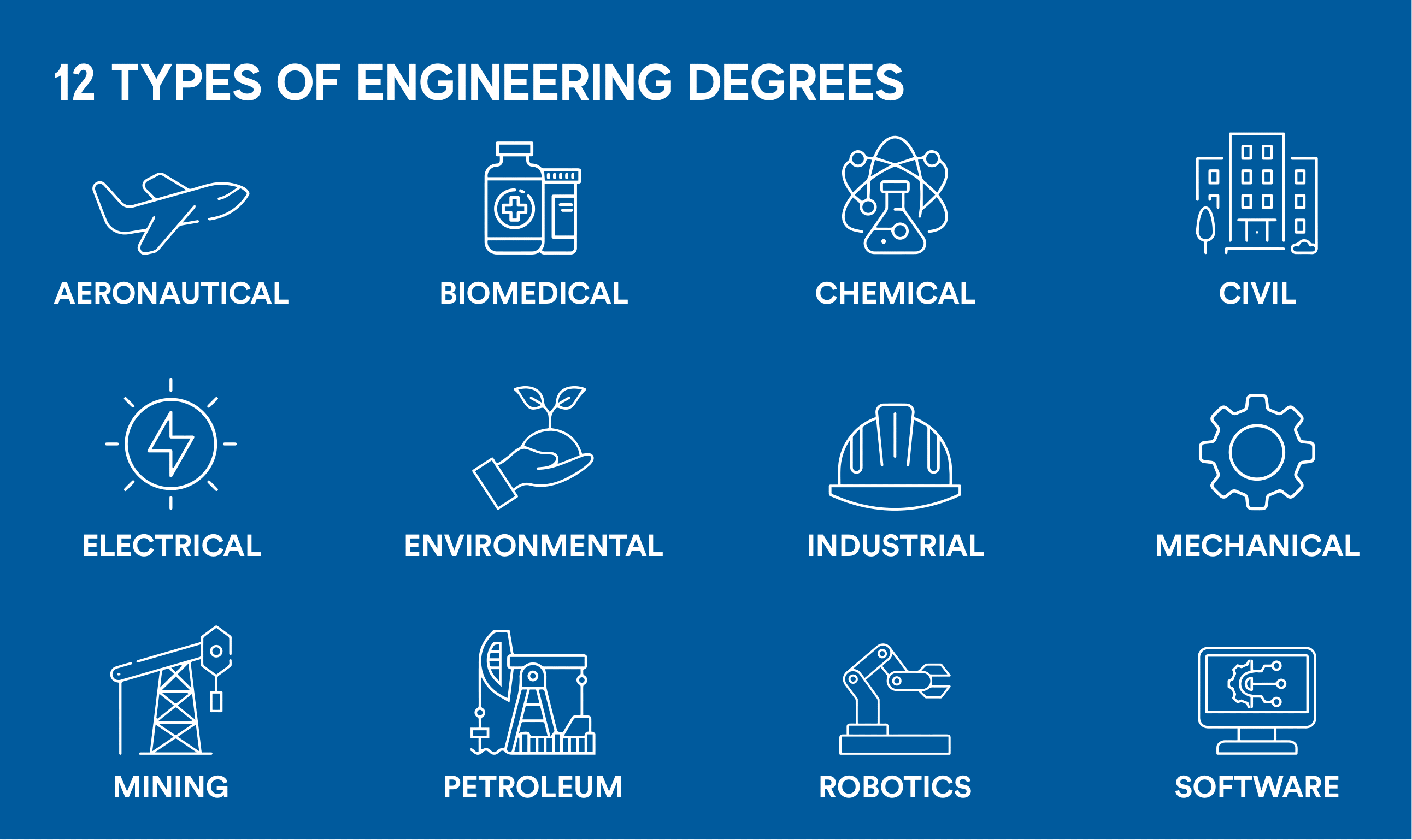
If you’re looking for a career where you can develop innovative solutions to make the planet a better place to live, then engineering may be the career for you. Engineering is a challenging field, but each day brings new things to learn, interesting problems to solve, and opportunities for innovation. You could be an engineer that discovers new sources of renewable energy, connect remote communities or develop medical equipment that can better diagnose diseases.
Australia has a culture of innovation and is the birthplace of life-changing inventions such as the Cochlear implant (bionic ear), WiFi technology, the cervical cancer vaccine and mapping software (used by Google maps). Engineers in Australia are in high demand and have the opportunity to work on projects that can transform and benefit society while commanding high salaries.
In this blog, we will explain the top 7 reasons to study engineering in Australia.

1. Quality education
Australia is globally recognised for its high-quality education with 6 of our universities being ranked in the world’s top universities for engineering and technology.* Our engineering degrees meet international standards which will open up opportunities for you to work in different countries.
To prepare you for your career, you will be taught a balance of theoretical and practical skills, complete assessments that focus on real-world problems and learn from teachers who are industry professionals. As Australian universities have a strong focus on research, you will have opportunities to engage with innovative projects at their cutting-edge research centres.
2. Wide range of options
In Australia, engineering is a huge industry with a wide range of fields for you to choose from. This gives you the opportunity to pursue different career paths. Below are some of the types of engineering degrees you could study.

3. Development of soft skills (transferable skills)
In Australia, although technical skills are important, it is the soft skills you develop that are highly valued by employers as they affect productivity the most. These are skills that apply to any job and industry in any country.
Every day, an engineer will have problems to solve and it’s important for you to embrace challenges and find creative and innovative solutions. Along with technical knowledge, an engineer needs to have soft skills such as problem-solving, critical thinking, leadership, teamwork, communication, adaptability and time management skills.
Australian degrees are designed to produce graduates that have the technical and soft skills required by employers to succeed in the industry. This is why team projects, presentations, real-world case studies and work placements are embedded into the degree.
4. Work experience / industry connections
To help you gain practical experience, advanced technical skills and industry knowledge to make you job-ready, many Australian universities include internships or work placements as part of the engineering degree as well as host events where you can learn industry insights and job opportunities from professional engineers. Many universities also offer mentoring programs, careers services and connections to their alumni network.
- Internships
An internship is an opportunity to gain real-world experience. It is a supervised program based on what you want to learn and achieve.
During an internship program you get to put you what you learned at university into practise, learn the latest technical skills, develop new soft skills, adapt and settle into an Australian work environment, and network with industry professionals. The program will help you learn early on which roles you want or don’t want to pursue.
- Professional Year program
After you graduate, you could consider enrolling into the Professional Year in Engineering run by Engineering Education Australia. This program allows you to train in your field of study with a qualifying visa and is a pathway into the engineering profession.

5. Job opportunities
Engineers in Australia are in high demand with more than 80% of engineering graduates finding employment within 6 months of graduating.
- Government initiatives
The Australian Government recently released the Future Made in Australia package where $AU1.7 billion will be invested in innovation, science and digital capabilities and $AU19.7 billion to make Australia a renewable energy superpower. The Government also wants to grow the tech industry to 1.2 million workers by 2030.
The demand for professional engineers will continue to grow as they are vital to implementing and reaching these government goals.
- Skilled migration
Skilled migration is linked to Australia’s economic needs, so if you are looking to work in Australia after you graduate, there is a good chance that engineering roles will be included. Always check with the Home Affairs website for the latest Skilled Occupation List.
- Start-up culture
Are you a person who wants to run their own business one day? Australia is considered one of the best countries in the world to start a business with a startup scene that ranks 11th worldwide. There is particular interest from global investors for our climate and tech sectors.
6. High salaries
Australia is ranked in the Top 10 highest paying countries for engineers. Salaries for entry-level positions start at around $AU92,500 a year. Senior-level engineers can expect around $AU155,000 a year.
7. Great quality of life
Every year, many students from all over the world come to Australia to study. Australia offers a great quality of life, stunning natural landscapes, vibrant cities, great food, exciting events, a welcoming and diverse community and safety.
*QS World University Rankings by Subject 2024
Interested in a career in engineering? The University of Adelaide College’s Degree Transfer Program is a pathway into the Bachelor of Engineering at Adelaide University.

